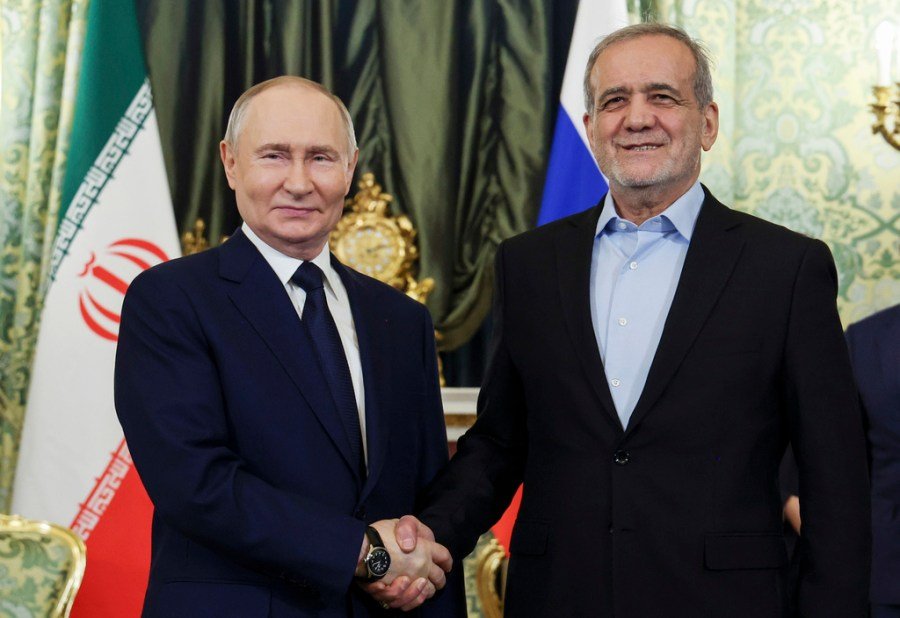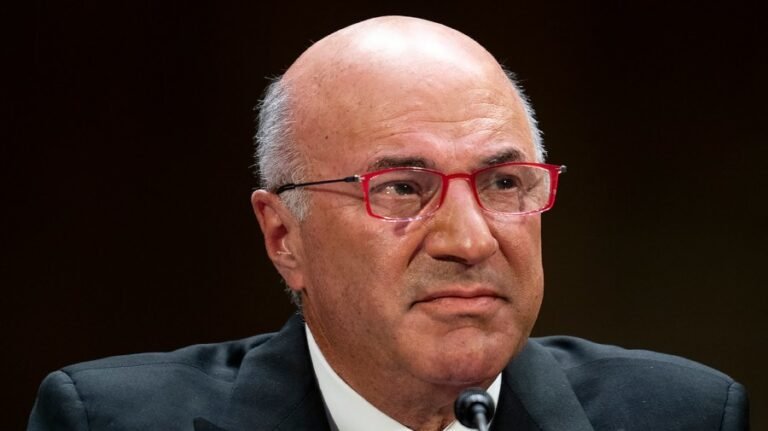
Having exhausted time-buying diplomatic options, Russia and Iran are on a collision course with the U.S.
Team Trump finds itself caught between two regional crises, with a third, China, sitting on the sidelines enabling, observing, and waiting.
Russian President Vladimir Putin and the Kremlin continue to reject President Donald Trump’s 50-day — now shortened to 10 or 12 day — ultimatum. Kremlin Spokesperson Dmitry Peskov stated that Russia will continue its war against Ukraine in order to protect Russia’s interests, despite Trump’s shorter deadline.
The situation with Russia is coming to a head. Secretary of State Marco Rubio told Fox News’ Lara Trump over the weekend that Trump is “losing his patience” with Russia over the war in Ukraine. Adding, “the time has come for some action.”
The U.S. has already renewed military assistance, reaching a deal with NATO to provide weapons and Patriot missiles to Ukraine. And now the Russian economy is in Trump’s crosshairs. “Sanctions and maybe tariffs, secondary tariffs” are still in play, he says. On Wednesday, the White House fired a warning shot about imposing a 25 percent tariff against India, in large part due to its military and energy purchases from Moscow.
Iran, seeing a window of opportunity, is becoming defiant as well, openly pushing back as the Russia ultimatum plays out.
The Trump administration likely does not want to take any more calls from Israeli Prime Minister Benjamin Netanyahu concerning the Iranian nuclear threat. The ceasefire was supposed to put the 12-day war on ice. But Tehran did not get the message and is back to business as usual.
Iran’s Foreign Minister Abbas Araghchi told Fox News’ Bret Baier that Iran would continue to maintain its support for Hamas, Hezbollah, and the Houthis. And before meeting European leaders last week, he said it was important for them “to understand that the Islamic Republic of Iran’s position remains unshakable, and that our uranium enrichment will continue.”
Tehran has resumed its taunts against Israel and, with help from China, is rebuilding the Russia-supplied air defense network destroyed by the Israeli air force — all under the protection of the Trump brokered ceasefire following Operation Midnight Hammer.
U.S. strikes on Iranian nuclear facilities at Fordow, Natanz and Isfahan convinced Trump that he had “obliterated” Tehran’s nuclear capability, convincing the Trump administration that a cease-fire agreement would put an end to the 12-day war between Iran and Israel. Their belief was that Iran had gotten the message — the same Iran that had ignored the unconditional surrender message delivered just a few days prior to the strike.
Israel wanted to further weaken the Islamic Republic of Iran. Jerusalem was not done yet with Ayatollah Ali Khamenei, his mullahs, or their Islamic Revolutionary Guard Corps, who have funded, equipped, trained and directed their proxies to attack them for decades.
Iran was still firing ballistic missiles at Israel; Netanyahu was determined to eliminate the threat — Iran’s leadership, mobile ballistic missile launchers, and storage facilities. The head of the Hydra was exposed and Israeli aircraft were en route to Iran when Trump demanded Netanyahu pull them back, so as to not violate the terms of his ceasefire.
Iran is taking advantage of what the U.S. provided — relief from annihilation and possible regime change by the Israeli air force. Then used it to their advantage. The Iranian nuclear program, described as obliterated in June, is now reported as having been “degraded only to a point where nuclear enrichment could resume in the next several months.”
As we warned last week, Iran’s nuclear phoenix is rising. According to Iran Watch, 408.6 kg of the 60 percent-enriched uranium-235 that International Atomic Energy Agency inspectors last saw June 10 remains unaccounted for. Iran has enough of the 60 percent stockpile to build “one or more” of the gun-type bombs known as “Little Boys,” named after the bomb dropped on Hiroshima to end World War II.
According to David Albright, President and Founder Institute for Science and International Security, Iran is already back at the Fordow and Isfahan nuclear enrichment facilities trying to regain access — to recover that enriched U-235.
Prior to the Operation Midnight Hammer strikes, Behrouz Kamalvandi, spokesman for the Atomic Energy Organization of Iran, announced that there was a “third secured site” for uranium enrichment, allegedly at a location “already built, prepared, and located in a secure and invulnerable place.” If the facility escaped damage from Israeli and U.S. strikes, it would likely be used to continue the uranium enrichment process.
According to NBC News, U.S. Central Command had developed a “comprehensive plan to bomb Iran that included striking three additional sites” in an operation that would have stretched for several weeks.
“Just enough” once again was not enough to destroy Iran’s enrichment program. Strategic messaging is keeping Iran’s nuclear program on life support. Trump acknowledged the threat while in Scotland over the weekend, warning Tehran that he would order new U.S. attacks on Iranian nuclear facilities, should they try to restart facilities that the U.S. bombed last month. Iran does not seem deterred, likely believing the Trump Administration will be busy next week with Russia.
Israel, however, lies in wait.
U.S. follow-on strikes will incur more risk than the initial strike, as the Iranian air defense network has been bolstered with Chinese weapons systems. Also, whatever cyber advantage Israel once had in Iranian air defense and command and control networks is likely lost.
The window to destroy Iran’s uranium enrichment program is closing rapidly. Iran has used the ceasefire as an umbrella to defend itself from additional Israeli air strikes while rebuilding what was destroyed — a page taken straight from their Russian ally’s playbook.
Meanwhile, Putin is welcoming if not encouraging Iran’s re-emerging nuclear distraction to the U.S. Now, more than ever, Putin needs Tehran to help buy him time to continue his faltering war in Ukraine.
Half measures and strategic messaging are proving ineffective against Russia and Iran — patience is no longer a virtue. It is time for the White House to brace for impact. The collision with Moscow and Tehran is likely becoming unavoidable.
Col. (Ret.) Jonathan Sweet served 30 years as an Army intelligence officer. Mark Toth writes on national security and foreign policy.


